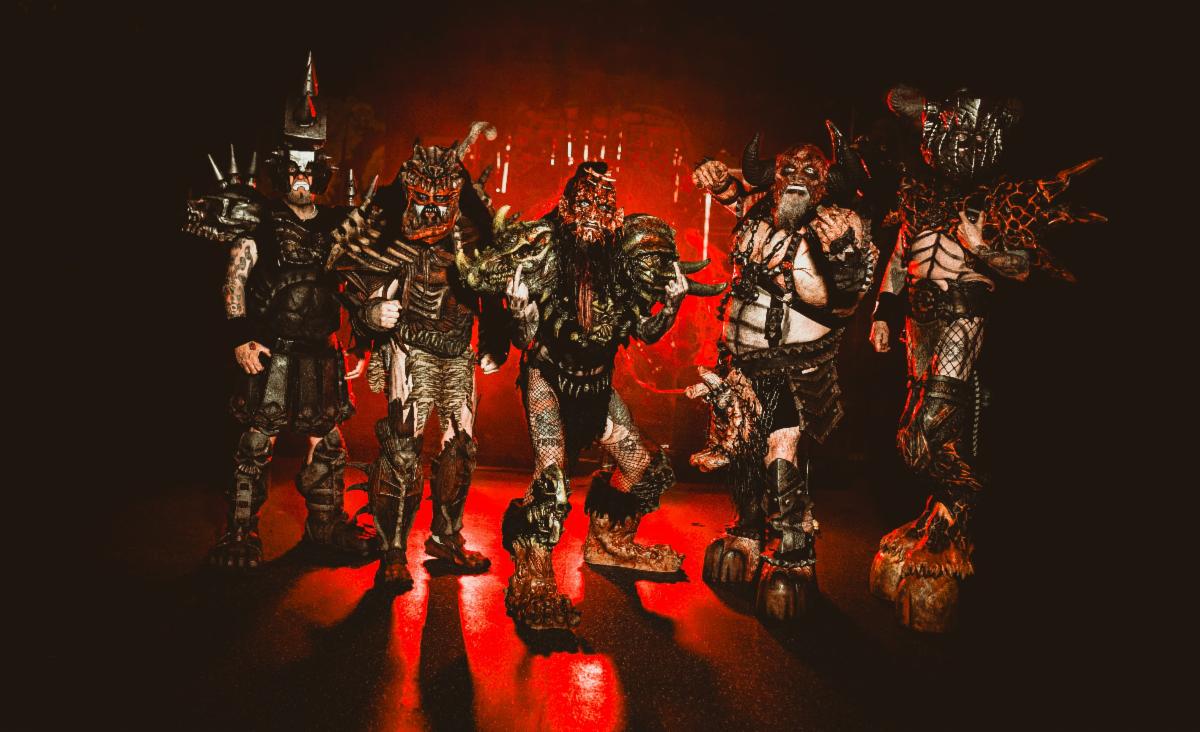2015 is Turnover’s year.
After roughly half a decade of above par, yet under the radar releases, the Virginia Beach quartet is finally on the tongue of the collective emo/indie/post-pop punk scene. Yes, that’s correct. The word post-pop punk was just used. Semi-facetiously, yes. But in all honesty, there really aren’t any good ways of describing Turnover’s latest album “Peripheral Vision” other than emphasizing that it’s not pop punk, despite the band’s roots stemming from the connotatively adolescent genre.
“Peripheral Vision” isn’t emo either. Nor should it be subject to the “indie” label; the laziest and most undescriptive of all genre classifications. Nevertheless, it’s the members of these scenes that have recognized the beauty in “Peripheral Vision” and have launched Turnover into “hype band” territory.
What “Peripheral Vision” should be described as is brutally honest, yet open for interpretation. Devilishly catchy, yet sonically dreamy. Deeply rhythmic, yet smooth and palatable. And above all, masterfully cohesive. Every track has a purpose.
Vocalist Austin Getz and bassist Danny Dempsey described how they see this record as a drastic departure from their older material both lyrically and instrumentally. The two of them were posted out in their van before a show in Albany, NY on Oct. 2.
“When we first started writing music, a lot of the songs were just about interactions with other people and other people letting me down or making me happy, whatever the case may be,” Getz said. Just interpersonal relationships. I feel like ‘Peripheral Vision’ is more about an intrapersonal relationship. The relationship I have with myself and kind of feeling a distance from the person who I thought I was and who I was becoming.”
“I feel like it’s more our sound,” Dempsey said. “Each instrument has its own place now. We all have our own purpose now more than ever,” he later added.
Getz described why his state of mind during the writing process was responsible for the deeply personal, introspective theme of the record.
“Probably because I’m insecure, I would say. I think about myself a lot. I think about what’s going on in my own head. I think about thinking,” he said, choosing his words carefully. “Especially in the course of the last year and a half. I feel like I’ve undergone a lot of self-discovery and self-reflection.”
All of that self-discovery resulted in lyrics such as “There’s a fever burning up in me/ I’m tangled up inside a sinking feeling/ Slipping out of touch with the controls/ It’s all intrapersonal,” on the closing and fittingly titled track “Intrapersonal.” Getz’s overwhelming feeling of regret is another topic he addresses. Particularly on the song “Hello Euphoria” where he sings, “I wish I was more afraid/ I make all the same mistakes they told me I’d make.”
However, the overarching motif of the record is the feeling of distance that Getz struggles with. Whether it be his emotional distance from a current lover (“Diazepam”), attempting to distance himself from an ex-lover (“I Would Hate You If I Could”) or the distance from the person he once was (“Hello Euphoria”).
In the song “New Scream,” Getz attempts to come to terms with the fact that nothing’s ever as good as it was the first time. At the same time, he’s wrestling with the reality that aging is inevitable and that the distance between the past and the present will always continue to grow.
“That song is pretty much about having the feeling overall that everything, no matter how exciting it is at the beginning, loses its spark and you’re always kind of chasing that same feeling that you get the first time you felt something,” he said. “That’s kind of something that’s hard to deal with. Learning that everything is eventually gonna fade and you have to deal with that. Nothing’s ever gonna be the same as it was the first time.”
Getz’s troubles, though personal, are delivered in such a way that the listener is able to apply his/her own experiences to the concepts of distance, regret and desperation in order to evaluate his/her own life. Finding the sweet spot between overly personal and exceedingly vague is difficult to do but Getz nailed it.
“Peripheral Vision” marks a distinct evolution in the band’s sound that makes their old music essentially irrelevant. Hell, they haven’t even included anything pre-“Peripheral Vision” in their set lists since the album dropped in May. However, Getz said that the band never made a specific decision to change their sound, but that “it just kind of naturally happened.”
“I don’t think we ever decide to write any kind of music,” he said. “I think it’s just kind of a result of personal experience and what’s going on at the time.”
“I feel like I’ve undergone probably the most growth of my life in the most rapid period of time when I was writing that record… Early 20’s, you know what I mean? Growing up, changing,” Getz said.
-Eli Enis
Band photo by Manny Mares





